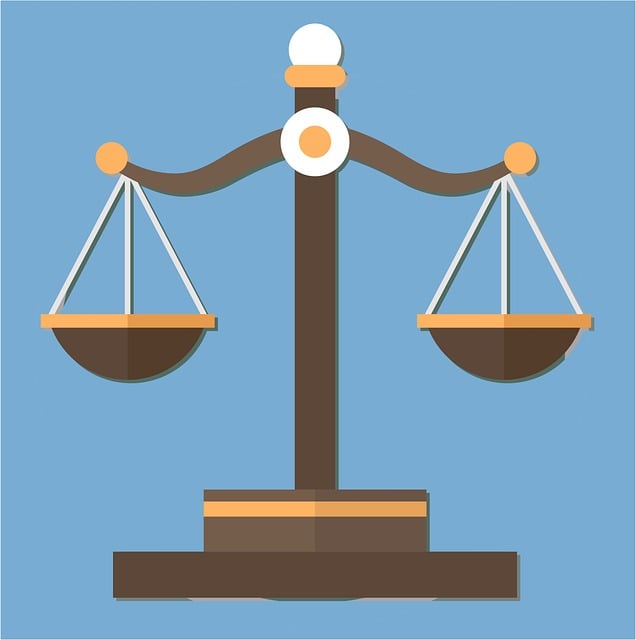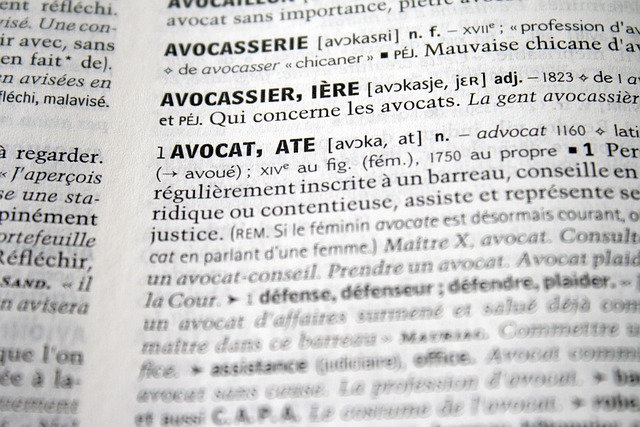Promptly gather evidence including documentation and firsthand accounts to report employment law violations like discrimination and unfair hiring practices. Understand local laws, use internal reporting mechanisms, and consult a criminal defense attorney for guidance and protection against charges. Effective reporting, based on understanding regulations, strengthens cases, promotes accountability, and deters future transgressions in white-collar and economic crimes.
Uncover the intricacies of finance crime probes with our comprehensive guide. Learn how to recognize subtle employment law violations, a common yet insidious issue. Master essential steps like collecting and documenting evidence effectively. Understand reporting procedures to ensure compliance and protect yourself during investigations. Discover best practices for navigating these complex scenarios. Empower yourself with knowledge on How to Report Employment Law Violations – a vital skill in today’s business landscape.
- Recognize Employment Law Violations
- Collect and Document Evidence
- Understand Reporting Procedures
- Protect Yourself During Investigation
Recognize Employment Law Violations

Recognizing employment law violations is a crucial step in reporting them effectively. These violations can range from unfair hiring practices to discrimination based on race, gender, or age. If an employee suspects any form of illegal behavior within their workplace, it’s essential to act promptly. The first step is to gather evidence, which may include documentation of suspicious activities, emails, or even firsthand accounts from other employees who might have witnessed the violation.
Knowing how to report these violations varies across the country and depends on local employment laws. However, most organizations have internal reporting mechanisms in place. Employees can usually escalate their concerns to HR departments or dedicated compliance teams. In cases where the violation is severe or the company fails to address the issue, consulting a general criminal defense attorney might be necessary. This step ensures that legal options are explored, including avoiding indictment for any potential criminal charges related to the employment dispute.
Collect and Document Evidence

When conducting finance crime probes, meticulously collecting and documenting evidence is paramount to ensuring a robust investigation. The process begins with gathering all relevant financial records, including bank statements, investment portfolios, and any digital traces of suspicious activities. This step requires meticulous attention to detail as even seemingly insignificant details can hold significant weight in court. Additionally, interviewing witnesses and suspects, along with reviewing legal documents pertaining to employment law violations, is crucial for unearthing insights that may have otherwise been overlooked.
Knowing how to report employment law violations effectively is a critical aspect of this process. It involves understanding the specific regulations and guidelines that govern workplace conduct and ensuring that all evidence is documented in accordance with legal standards. This thorough approach not only strengthens the case but also facilitates transparent interactions between regulatory bodies, the corporate world, and the philanthropic and political communities. Moreover, by meticulously preserving and presenting evidence, including digital forensics analysis, investigators can enhance the likelihood of successful prosecutions in white-collar defense cases, ultimately deterring similar future transgressions.
Understand Reporting Procedures

Understanding reporting procedures is a crucial step when it comes to addressing potential employment law violations. The process typically involves several steps that vary slightly depending on jurisdiction but share common goals: to ensure fairness, protect workers’ rights, and hold employers accountable for their actions. Individuals who believe they have witnessed or experienced an employment law violation should first gather evidence, such as documentation of the incident(s), relevant communications, and any supporting statements from colleagues. This information is vital when filing a report with the appropriate regulatory bodies or legal authorities.
Knowing how to report these violations effectively can help prevent further harm and promote accountability. While many cases may never make it to jury trials, reporting serves as a powerful deterrent against white-collar and economic crimes across the country. It empowers individuals to take action and ensures that employment laws are enforced, fostering a more equitable work environment for all.
Protect Yourself During Investigation

If you’re facing a finance crime probe, protecting yourself during the investigation is paramount. One crucial step is to ensure open and transparent communication with legal counsel who specializes in white-collar defense. They can guide you on how to report employment law violations appropriately, helping to mitigate potential charges. Remember, any interaction with authorities should be facilitated through your attorney to safeguard your rights and interests.
Additionally, preserving documentation and digital evidence is essential. Maintain records of all financial transactions, communications related to the probe, and any relevant policies or procedures your organization follows. This information can be invaluable in jury trials, where both corporate and individual clients may face scrutiny. By proactively protecting yourself and gathering evidence, you enhance your position should the case advance beyond investigation stages.
In navigating finance crime probes, understanding employment law violations, collecting and documenting evidence, and familiarizing yourself with reporting procedures are essential steps. Protecting yourself during the investigation is paramount. By following these guidelines, including knowing how to report employment law violations effectively, you can ensure a thorough and secure process. This proactive approach not only fosters a fair and transparent environment but also safeguards your rights throughout the inquiry.






